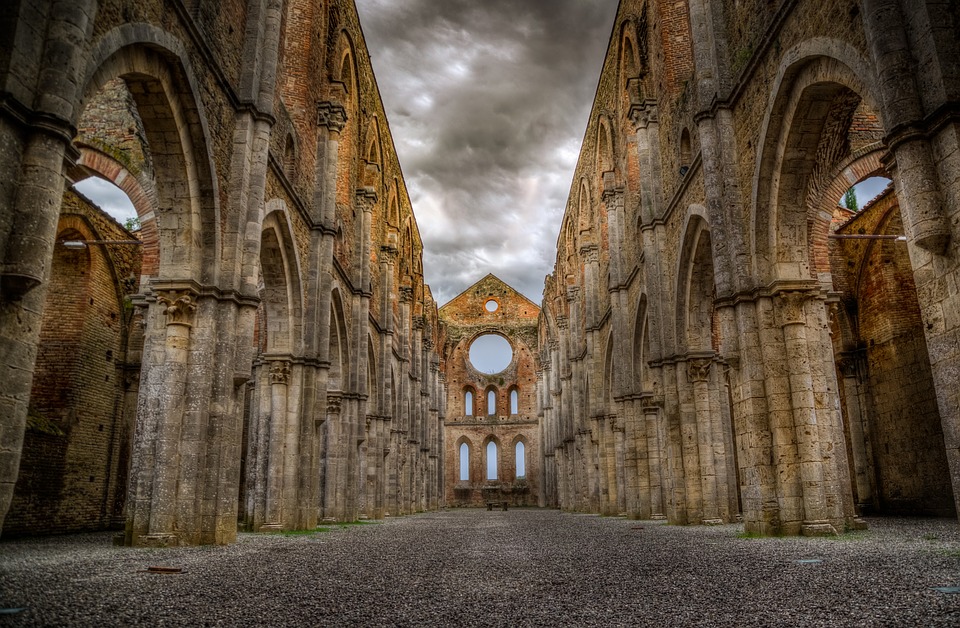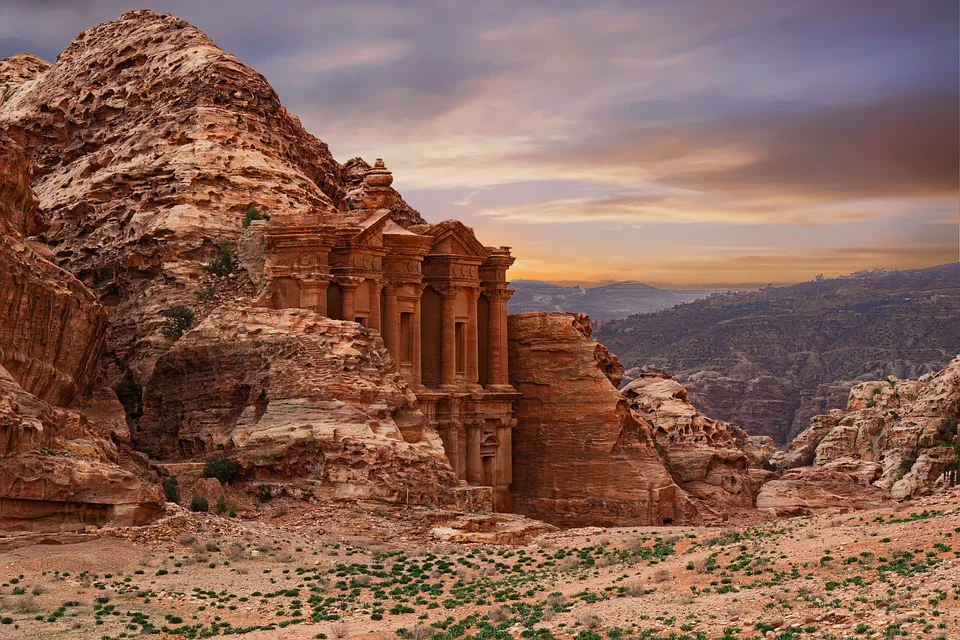The Development Of Ancient History
Ancient History is simply the accumulated record of previous human events, from the dawn of writing to that of modern history and beyond. The term can be used both to describe the historical period or the educational field. Ancient History can be applied to a wide variety of topics and is often intertwined with theology or philosophy. Ancient History normally refers to those periods before the inception of recorded historical records and covers events dating from around 1200 BCE right up to the end of the Second World War.
Ancient History falls into two main categories, pre-Christian and medieval. In pre-Christianity the era is primarily characterized by political and social unrest and religious persecution. In medieval time the era is largely defined by the rise of the Carolingian Dynasty in the Western Europe, which brought an age of intolerance and religious wars against native Christians. In the late medieval period a new era, known as the Renaissance, emerged, typified by a flowering of philosophical thought. In the modern period, however, the great expansion of European civilization began in the eighteenth century with the rise of the Napoleonic Empire and the rise of the European medieval society. The nineteenth century saw the rise of the Industrial revolution and the growth of states across continental Europe, which brought about a vast change in the ancient history of Europe.
The study of ancient history today generally deals with the development of different civilizations through time but has been challenged by the challenge of how the ancients viewed themselves. Two major types of ancient history have been identified: the classical model and the evolutionary model. The classical model, as the name implies, concentrates on the development of classical ideas within ancient societies. The evolutionary model, on the other hand, traces its influence upon ancient Greece and Rome as well as upon the classical political systems of Europe.
Through the development of science and mathematics, the classical model gradually took shape and gradually replaced the earlier assumptions about the nature of reality. Two of the most prominent models in this category are deductive and teleological. In the former, the historian deduces certain general or necessary facts from their historical corpus, and then applies these to other events that have taken place. Teleology, on the other hand, deals with causation in nature and is thus generally associated with meteorology and zoology. The historical accounts given by classical historians usually focus on events that occurred prior to the writing of the first books of the historical chronicles.
Most of the classical historians of the ancient world were either Jews, who had strong ties with the far east, or Assyrians, who governed the ancient Near East, or Latinists, who wrote about Middle Eastern history. Latin writers were keenly involved in the debates between classical scholars on the interpretation of ancient Greek and Roman texts. The impact of Latin writers on the early stages of the evolution of Ancient History is considerable.
The importance of primary sources, especially ancient Greek and Latin ones, can hardly be overstated. In the ancient Greek world, primary sources were widely used, and their publication encouraged both scholars and laymen alike to write history, particularly about their country. A favorite ancient Greek source was the so-called Dialogues, which were actually debates between two or more individuals, which often went deep into the historical issues, to finally reveal the answers. Another classic ancient Greek work on ancient history, the Etruscan Relation, written in leather seals, is a priceless piece of literature, which discusses every issue concerning the rise of the Roman Empire. The Latin language also played an important role, since Latin speakers, besides English speakers, were known to use the Old French language for official business correspondence.


